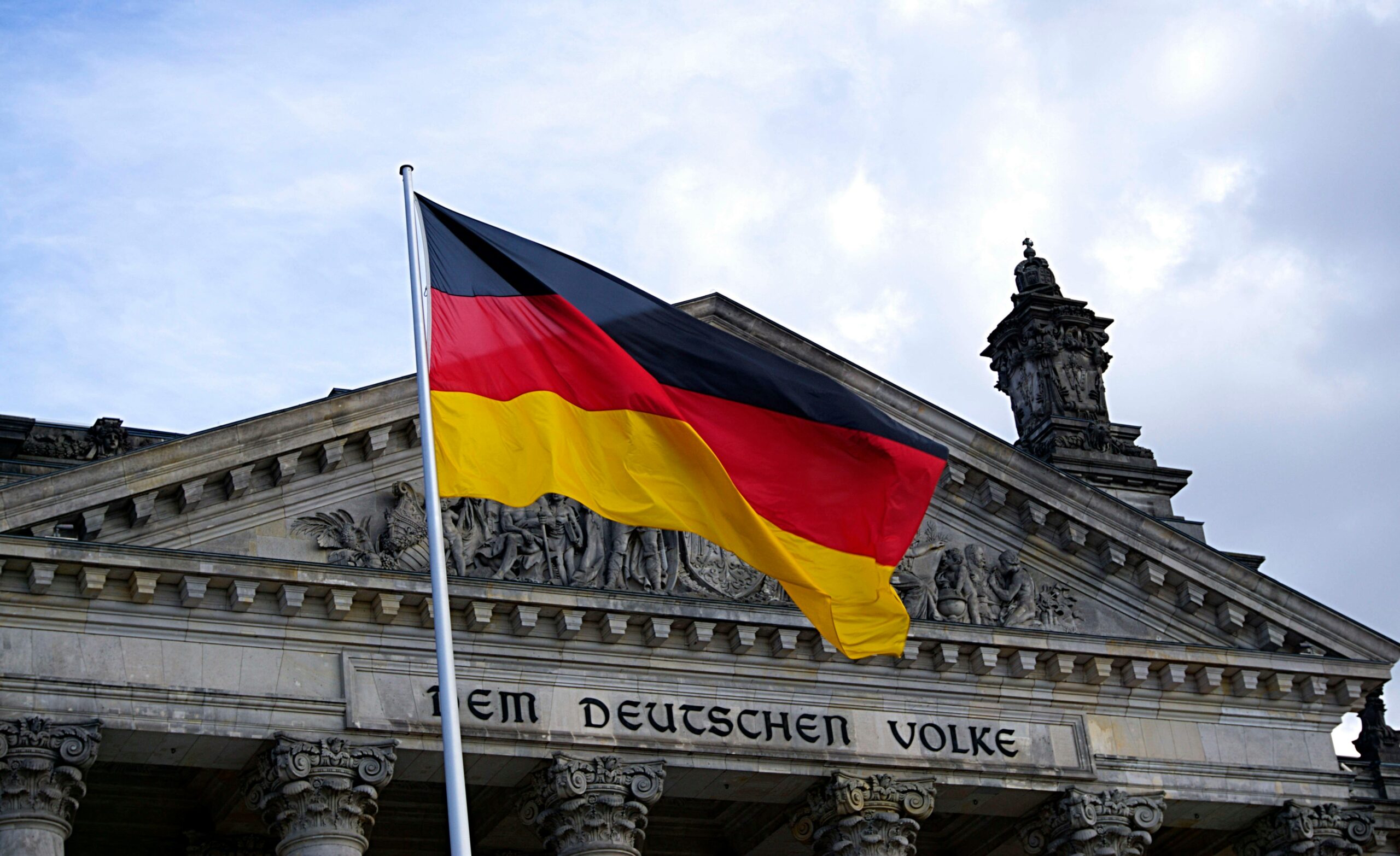German parliament approved a massive spending surge on Tuesday, marking a sharp departure from decades of fiscal conservatism. The unprecedented move aims to revive economic growth and boost military spending for a new era of European collective defense. The Bundestag’s decision provides a significant boost to conservative leader Friedrich Merz, positioning him as the likely next chancellor and granting him access to hundreds of billions of euros for investment after two years of economic contraction in Europe’s largest economy.
Germany and other European nations have faced mounting pressure to strengthen their defenses in response to an increasingly hostile Russia and policy shifts in the United States under President Donald Trump, which have raised concerns about Europe’s security.
In response, Merz’s conservatives and the Social Democrats (SPD), who are in coalition talks following last month’s election, have proposed a 500 billion euro ($546 billion) fund for infrastructure while also seeking to ease constitutional borrowing limits to allow for increased defense spending.
Addressing lawmakers before the vote, Merz warned that Germany had been under a false sense of security for at least a decade, calling the decision a crucial first step toward building a new European defense community.
Bill heads to upper house
The legislation now moves to the Bundesrat upper house on Friday, but a key hurdle was cleared when the Bavarian Free Voters agreed to support the plan on Monday. Merz justified the swift timeline by pointing to the rapidly evolving geopolitical landscape. Declaring that “Germany is back,” he received swift approval from European allies, with European Commission President Ursula von der Leyen calling the move excellent news and a clear signal that Germany is committed to significant defense investment.
The conservatives and SPD sought to push the bill through the outgoing parliament to prevent possible obstruction by a larger group of far-right and far-left lawmakers in the new Bundestag, which convenes on March 25.
Robin Winkler, Chief German Economist at Deutsche Bank Research, described the move as a historic fiscal shift, possibly the most significant since German reunification. However, he cautioned that while fiscal expansion presents an opportunity, it does not guarantee success, stressing that the next government must implement structural reforms to ensure sustainable growth. Speaking in Copenhagen, Danish Prime Minister Mette Frederiksen welcomed the decision, calling it fantastic news for Europe, which she said needs a stronger Germany.
Economic impact on Germany
The reforms mark a significant rollback of the so-called debt brake, a fiscal rule imposed after the 2008 global financial crisis that has since been criticized as outdated and restrictive. The prospect of increased borrowing has already boosted German investor confidence, with the ZEW economic research institute reporting a higher-than-expected improvement in morale for March. The construction sector is expected to benefit from the infrastructure investment, while the defense industry is also set to gain from the planned spending increases.
Merz secured the necessary two-thirds majority to amend the constitution, with 513 lawmakers voting in favor and 207 against. There were no abstentions. Emphasizing the broader geopolitical challenges, he warned that Europe faces both an aggressive Russia and an unpredictable United States.
While reaffirming his support for transatlantic cooperation, he stressed that Europe must take greater responsibility for its own security. He called for Germany to play a leading role in strengthening European defense, urging lawmakers to recognize the nation’s responsibility in shaping the continent’s future.
